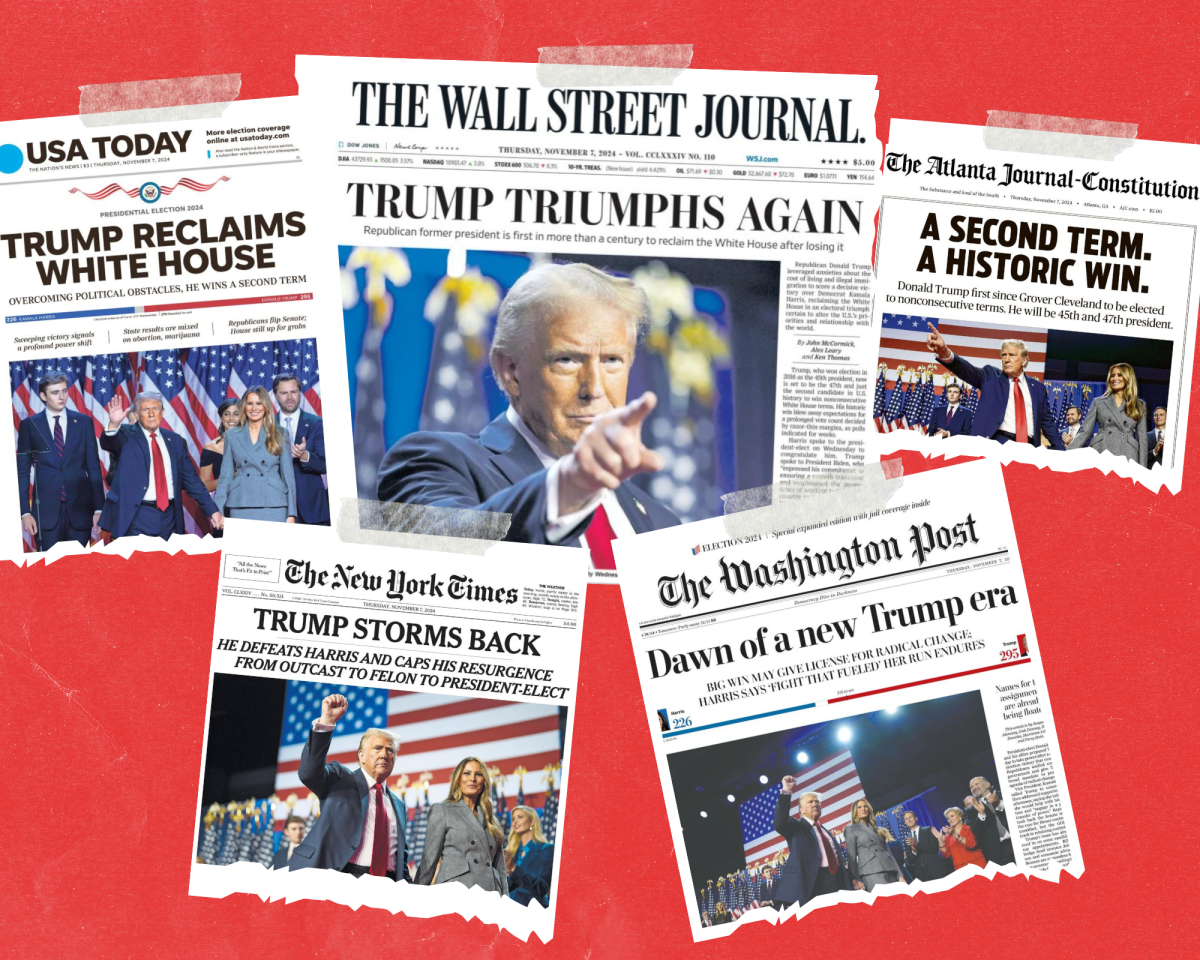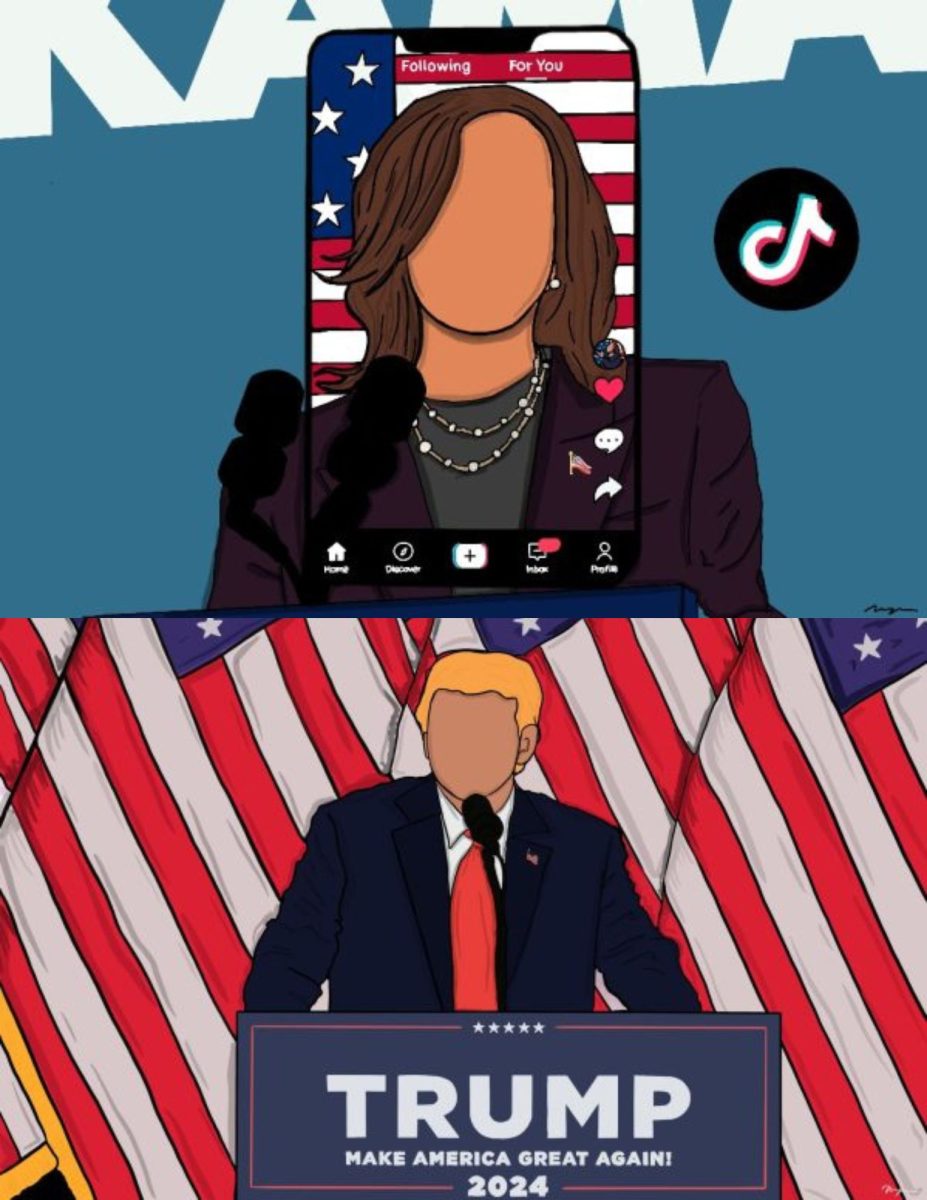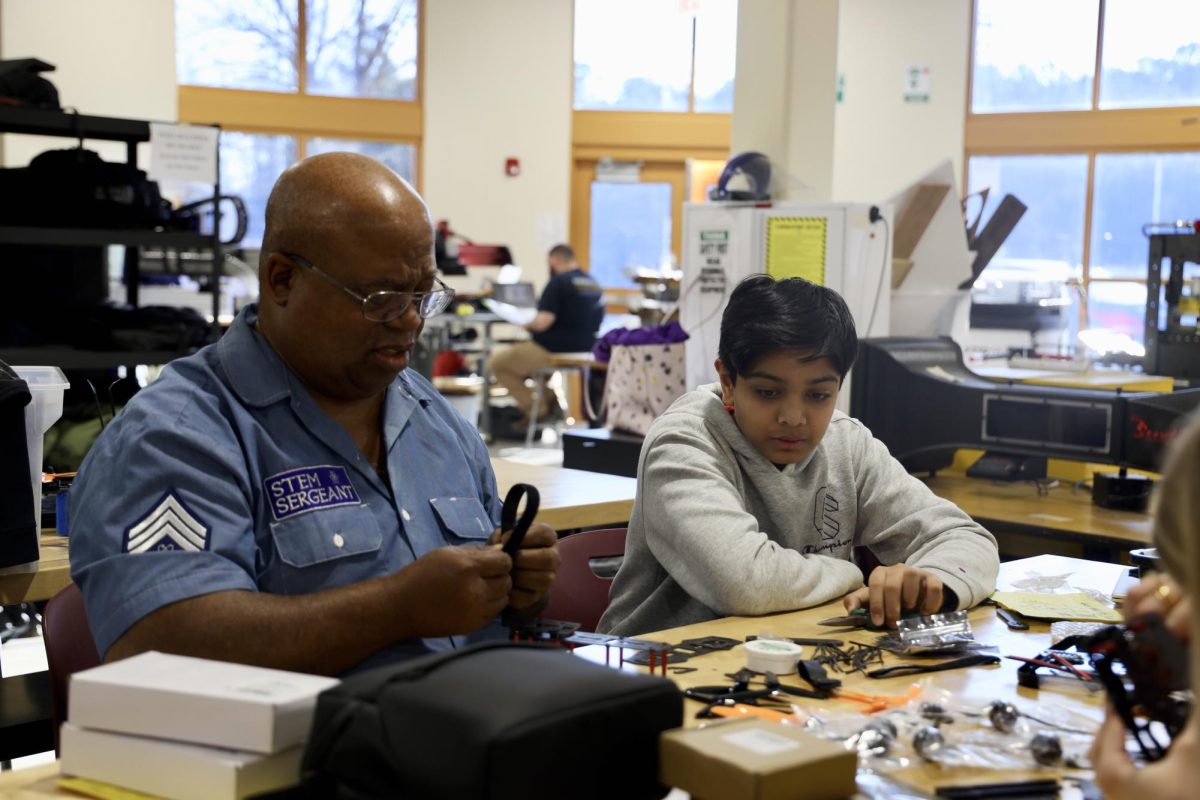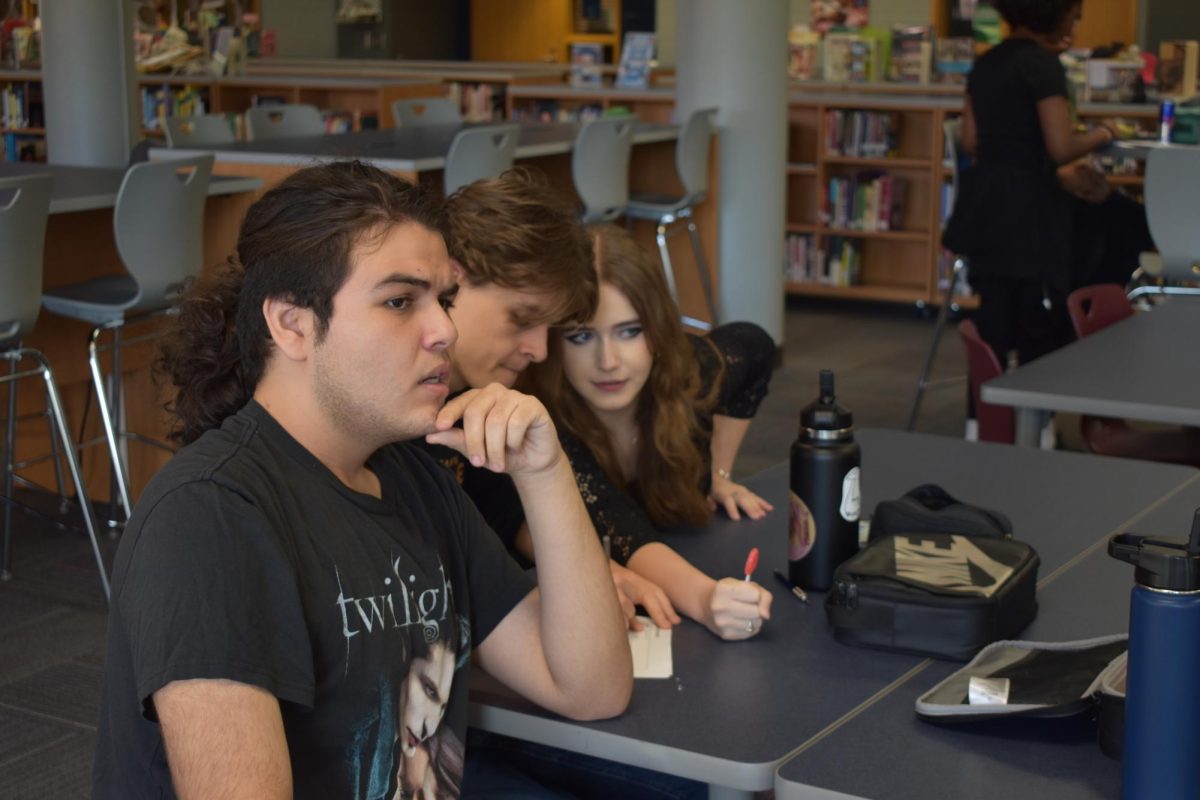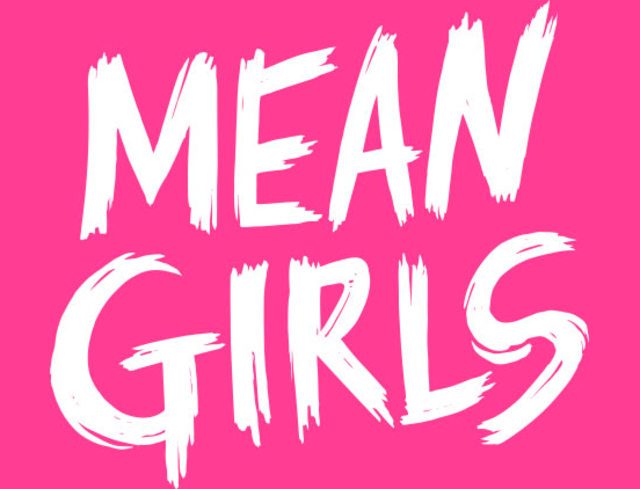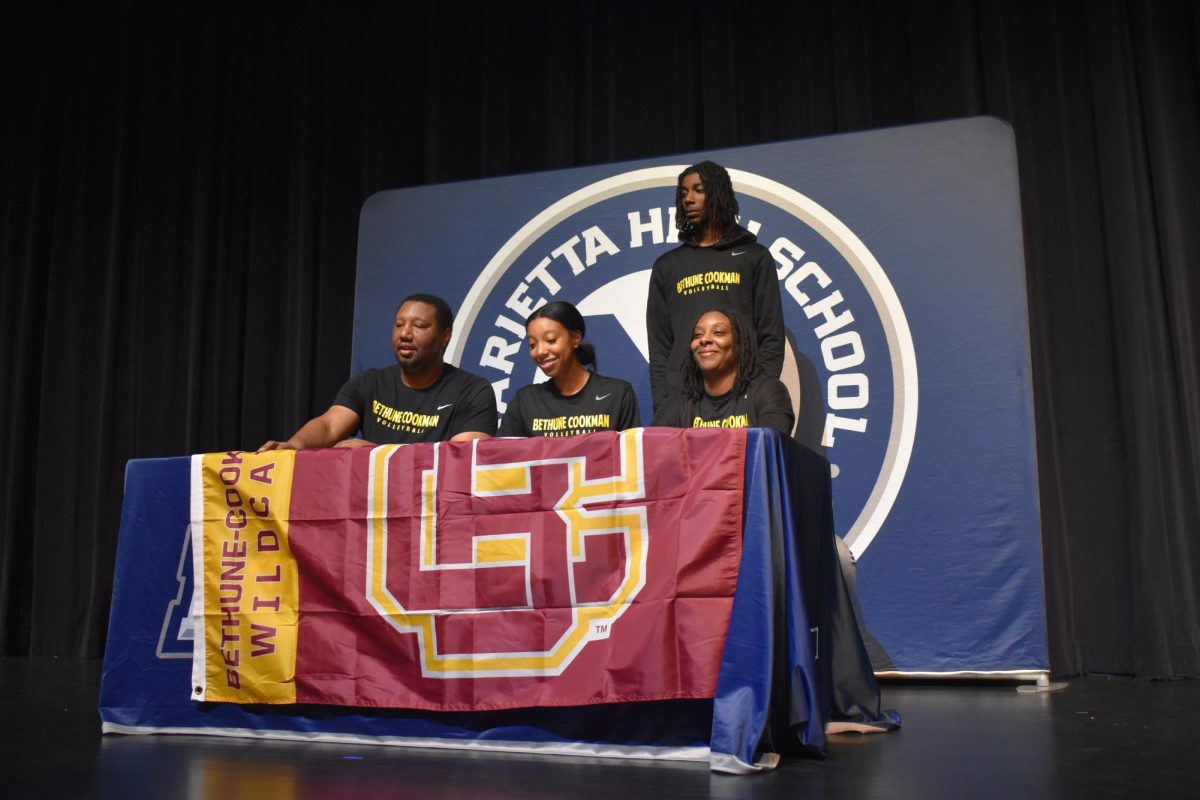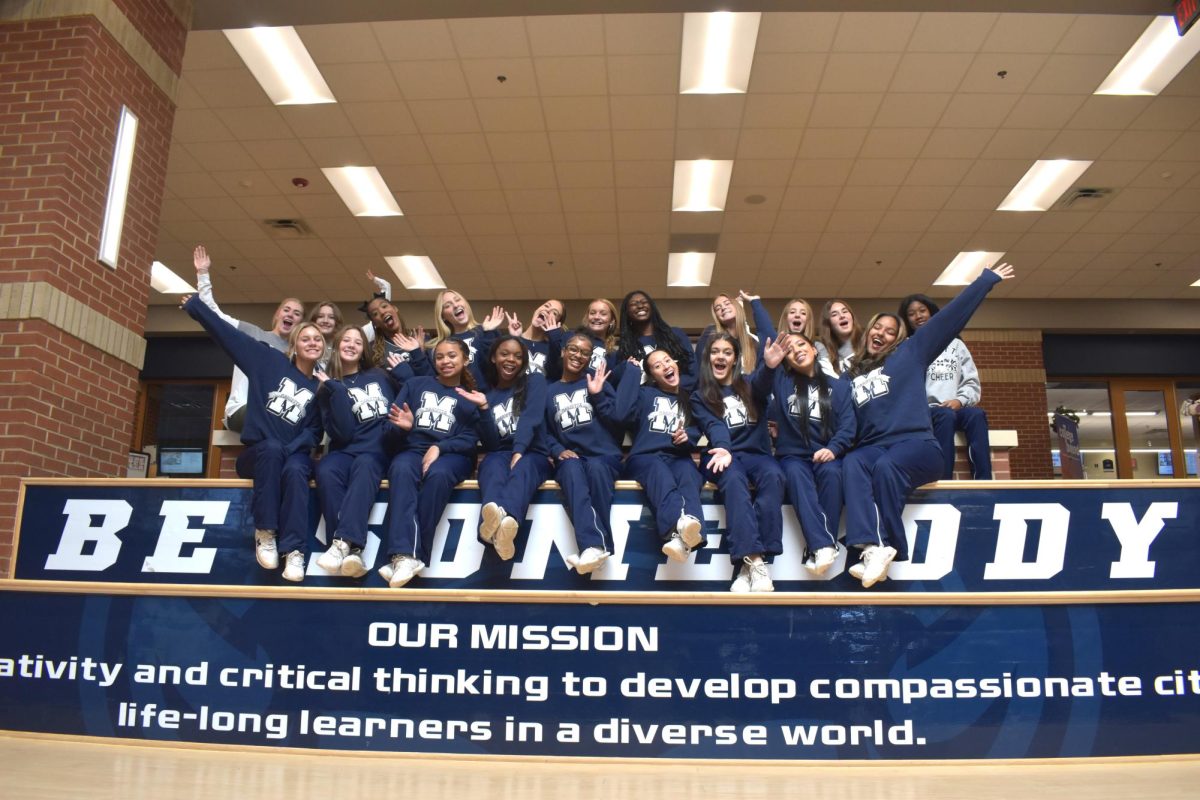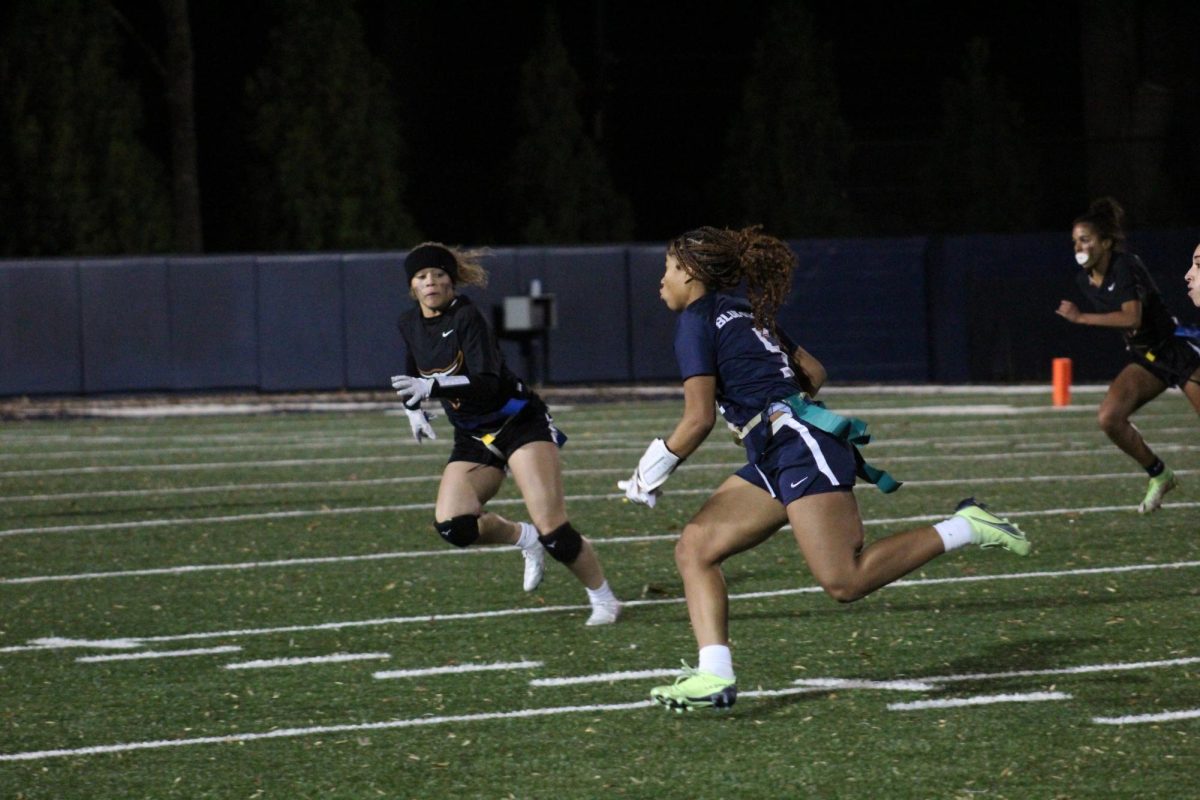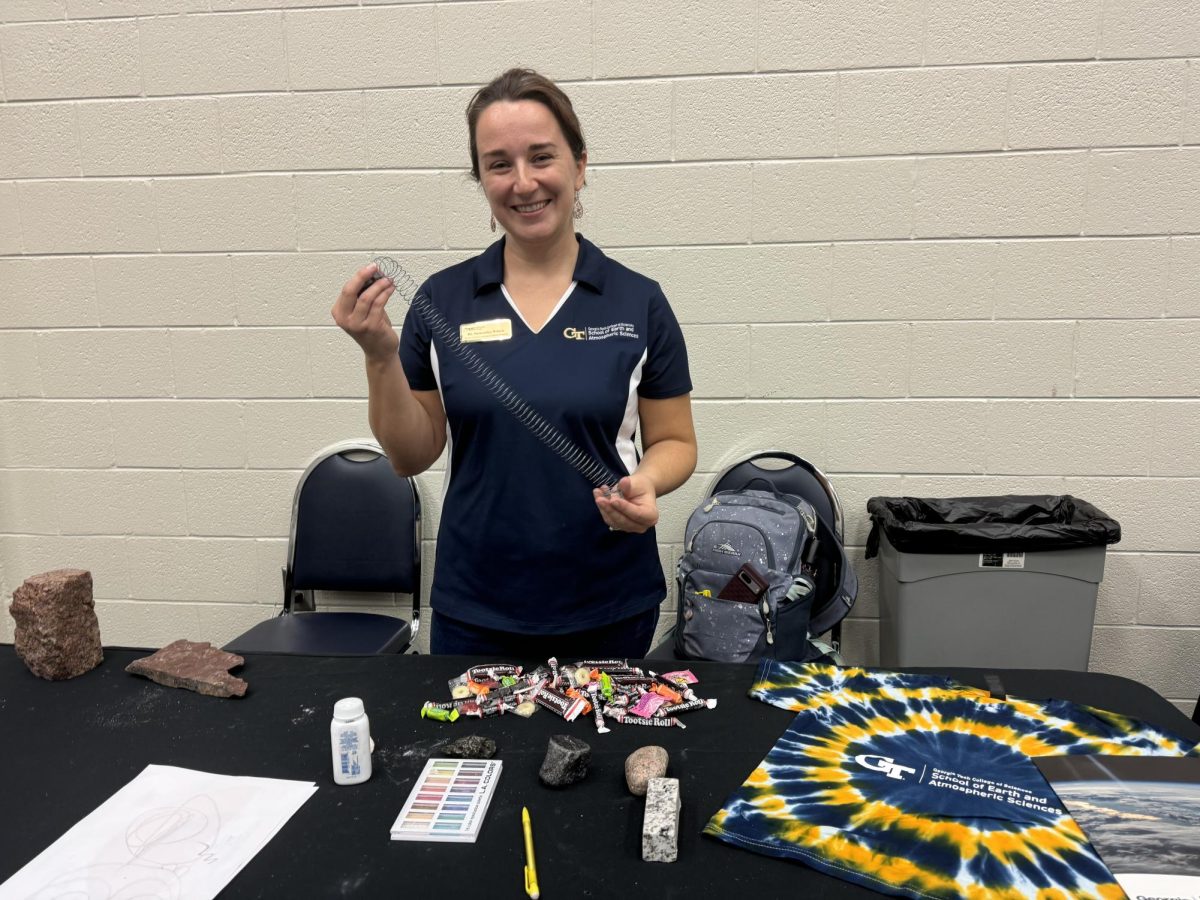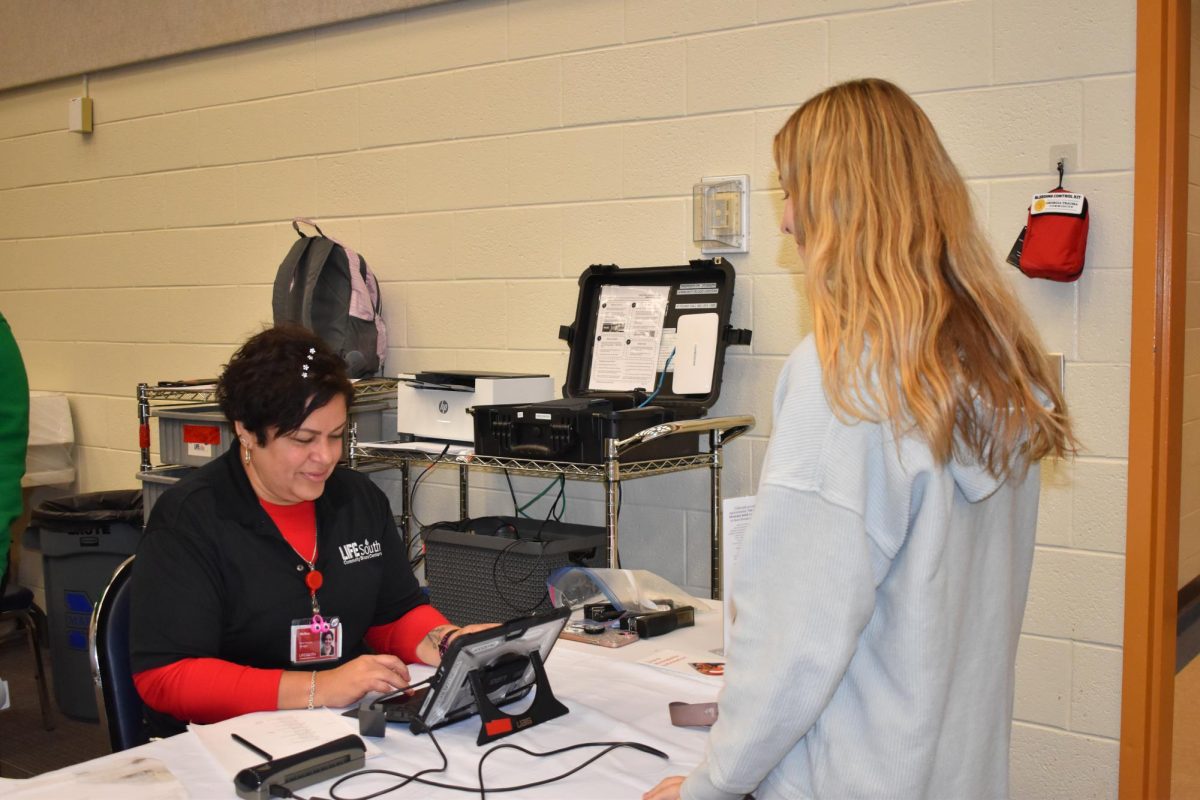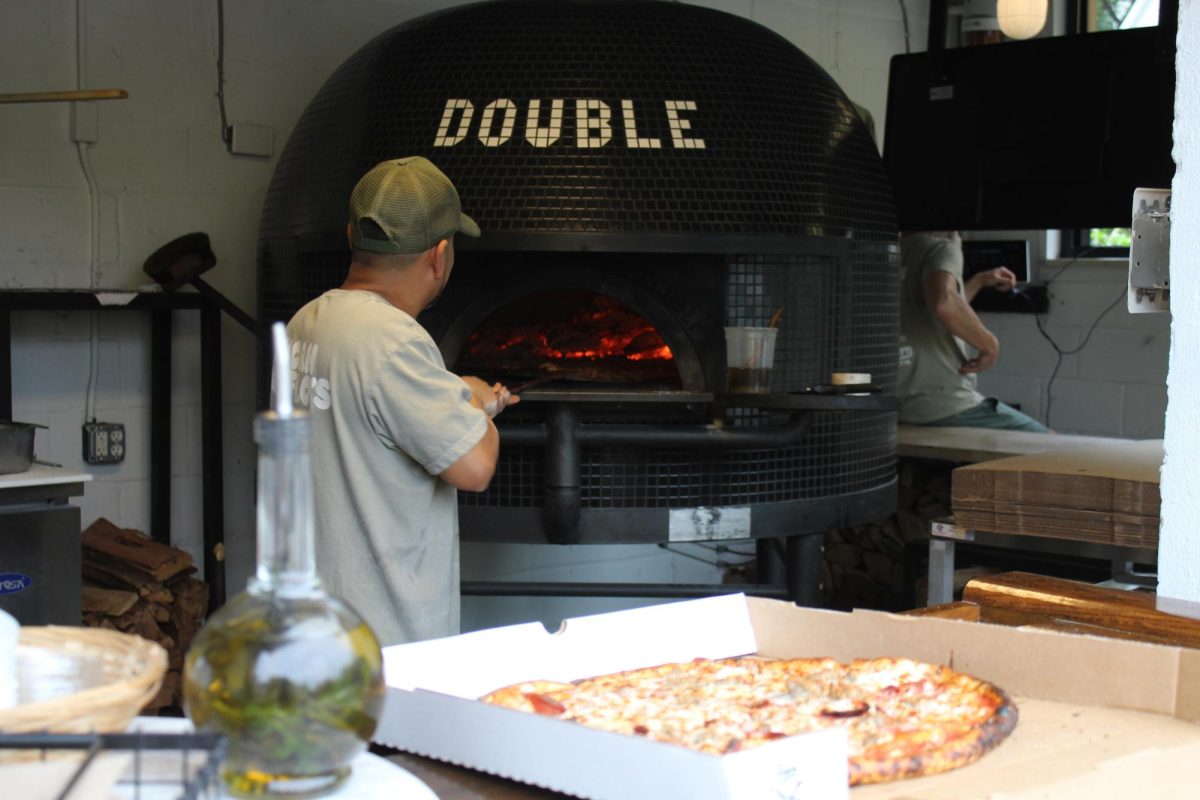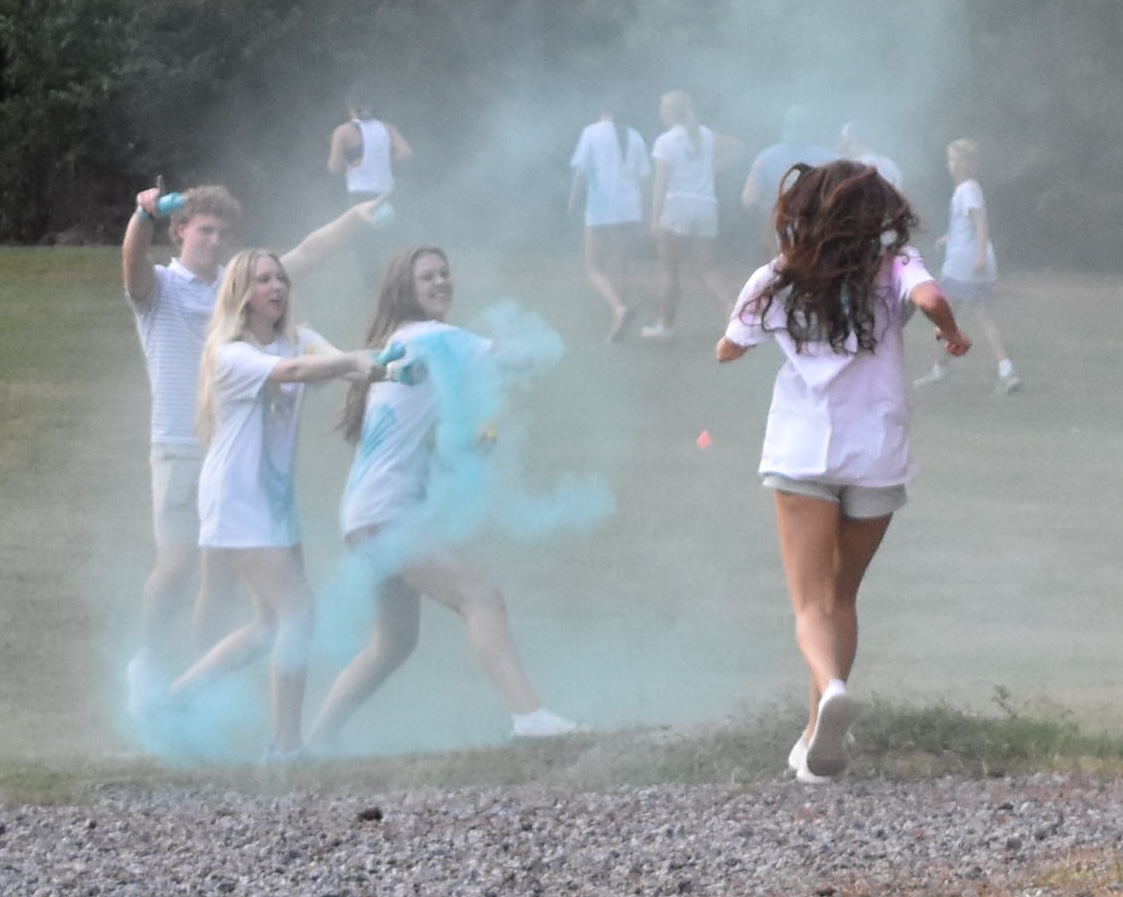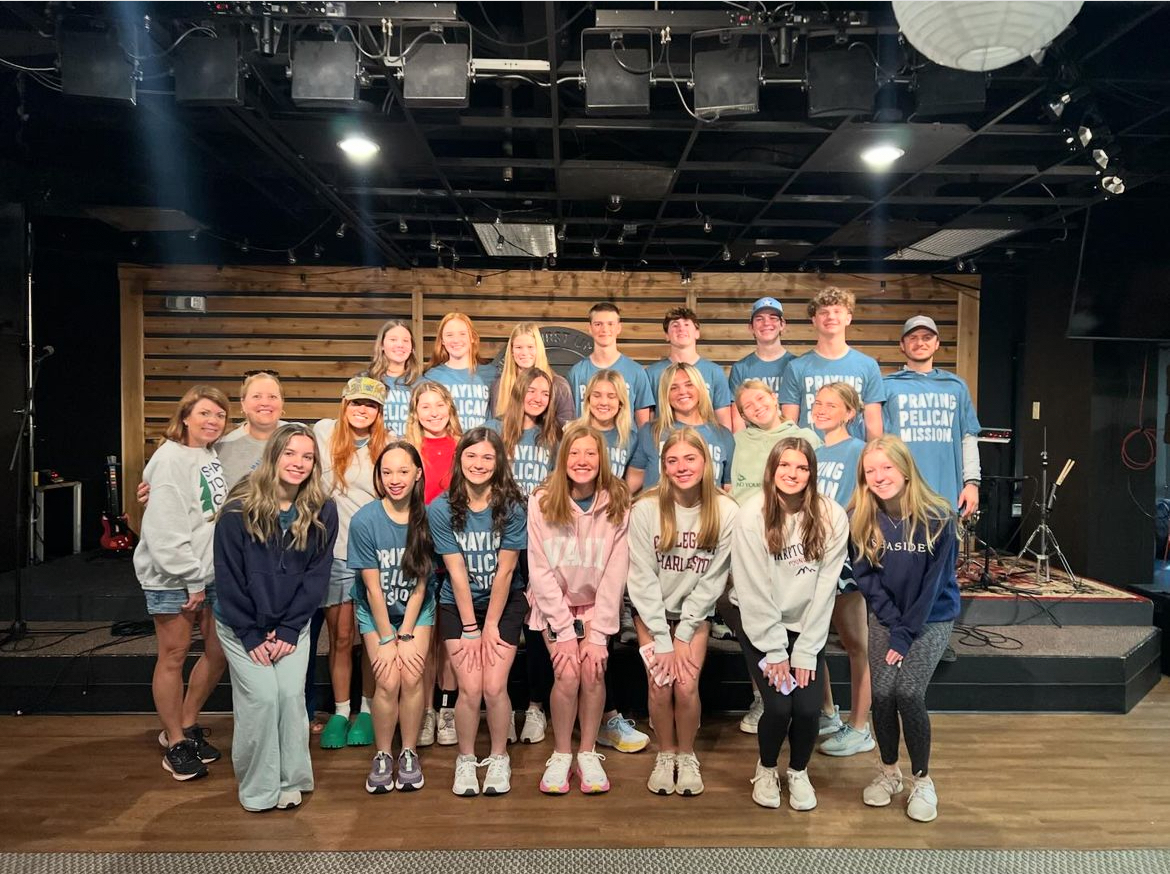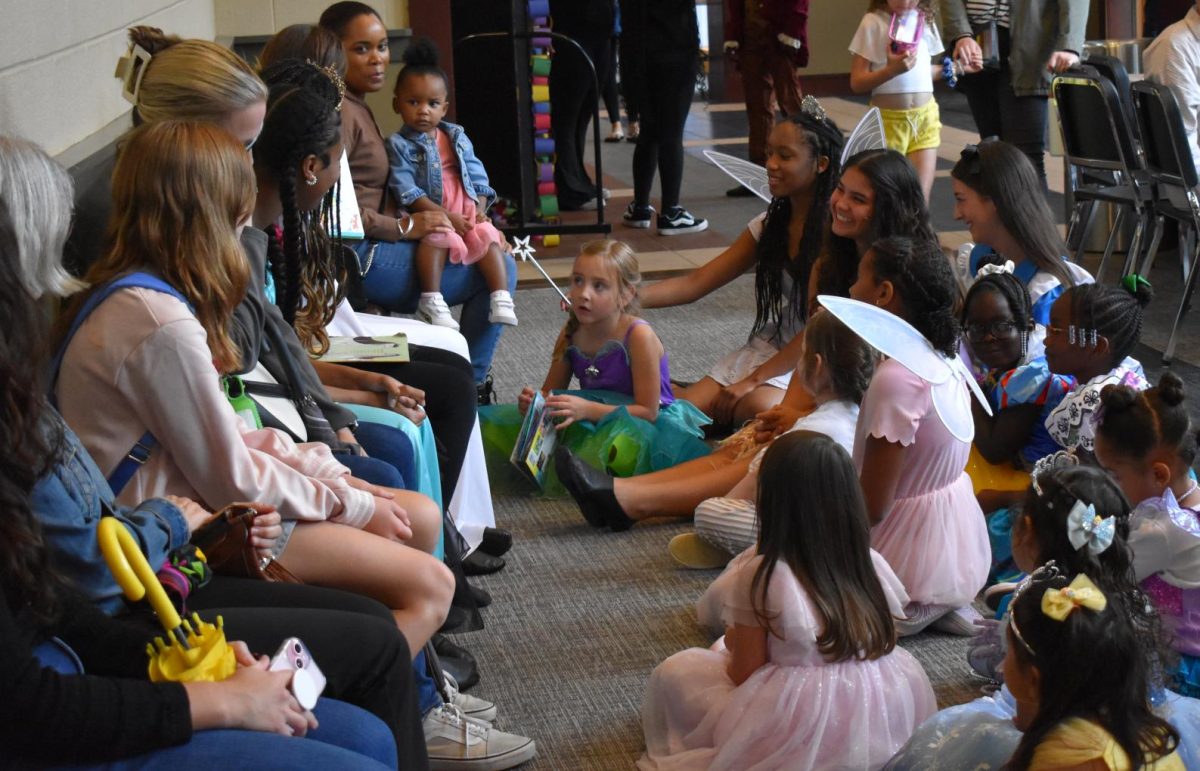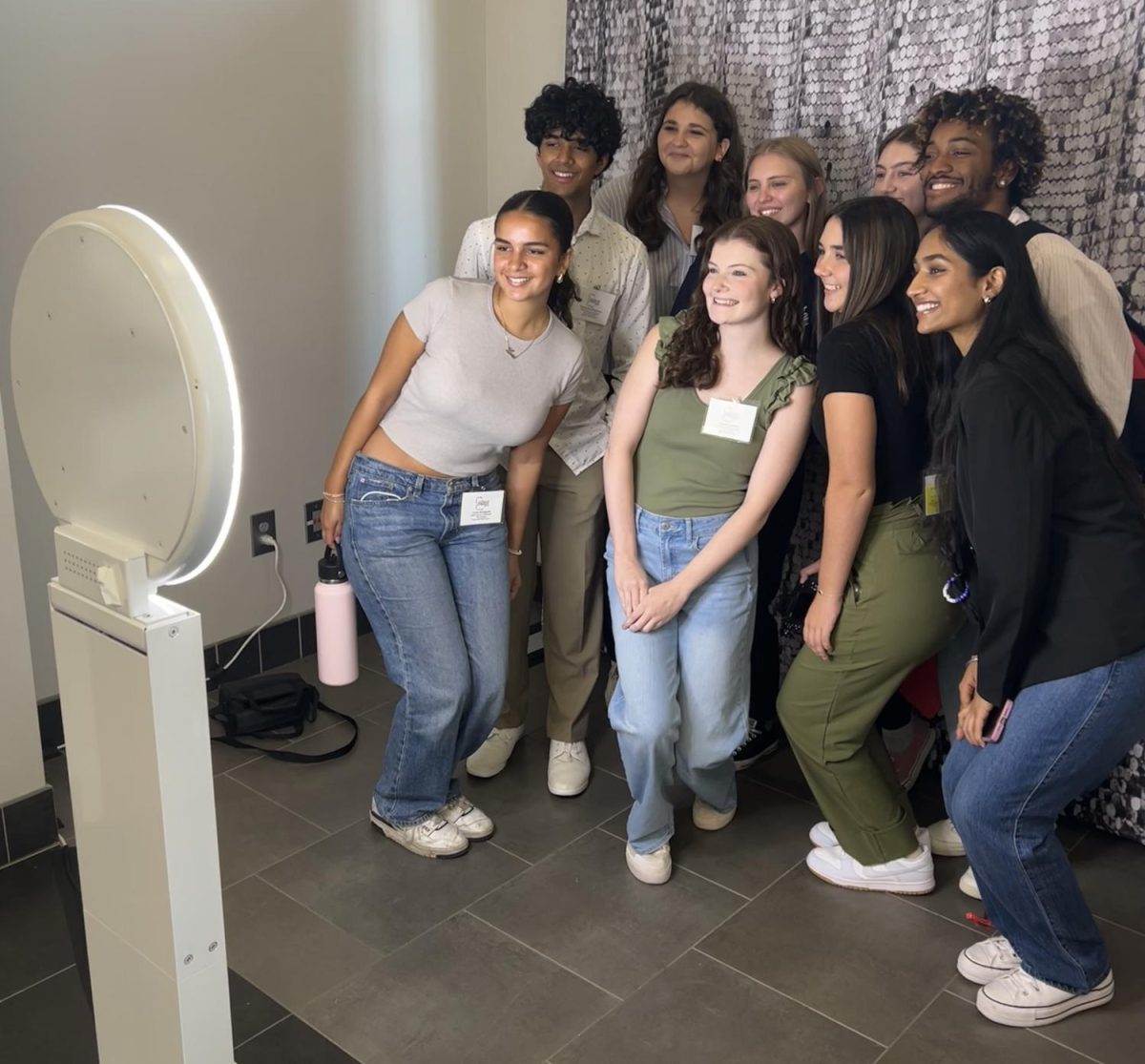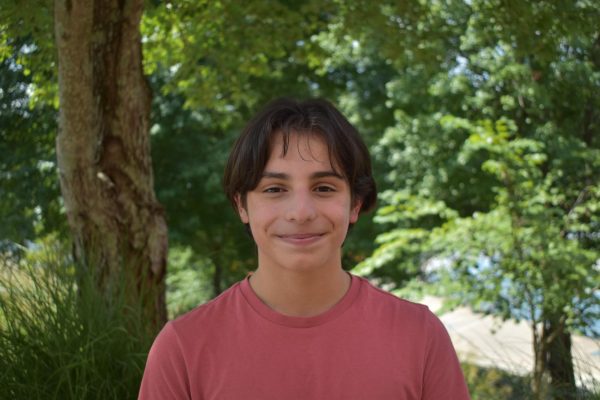Religious and political views have increasingly become detrimental to societal morals. Politics, which has its roots in ancient Rome, has long served as the backbone of democracy, shaping communities and governance. However, as the boundary between religion and politics becomes blurred, society experiences heightened tensions while their debates grow in competition and division in communities. Although both institutions aim to unite communities, their combination often leads to conflict. Religion is meant to be an inclusive sanctuary for individuals to worship as they choose, while politics often revolves around opposing beliefs competing for influence over the country’s direction. Merging these realms transforms religion from a source of peace into a debate over who’s right and wrong.
Since the early days of colonization, religion has been central to American identity, while politics has evolved from ancient Roman ideals to become a powerful force in civic engagement and governance. Despite their shared goal of growing in unity, they ultimately represent different ideologies paths. Religion, grounded in personal beliefs and moral absolutes, offers individuals an emotional refuge, whereas politics is built on compromise, negotiation, and public debate. The United States Constitution’s First Amendment guarantees religious freedom for all. Specifically, it says, “Congress shall make no law respecting an establishment of religion, or prohibiting the free exercise thereof,” This means that the government cannot either endorse or go against any religion, allowing people to follow their beliefs freely. However, it hasn’t prevented individuals from letting their personal beliefs mold their political stances. Many American citizens argue that religion provides a moral compass for society, while others are concerned that mixing religion with politics may create biased policies that favor one group of people over another.
Religion often provides hope and stability in economically struggling communities, allowing people to express condolences during hardship. Political movements may exploit these sentimental ideals, positioning themselves as protectors of traditional values and faith while using religion as a shield to ward off criticism from opposing beliefs. This relationship between economic misconstruals and religious alliances can skyrocket social divides.
“You have this notion of people saying, hey, listen. I am a Christian or I’m a Muslim, and, yes, that’s part of me. So I’m a human, and that religion is part of me.
And I want to make sure that as I vote on bills, and if I vote on the direction of the country, I want that direction to be, given towards how I feel religious from a religious standpoint. And then you have the complete opposite side of the spectrum of people saying, I don’t I’m not part of your religion, so why should that be part of my government? And that’s why we have such a huge divide up in Washington today.” said Bradley Simmons (American Government and Economics teacher)
Hosting open discussions and maintaining an open mind is essential to reduce these tensions. Religious and political leaders should seek common ground, and media representation should strive to include diverse perspectives. Without these efforts, the intertwining of religion and politics risks deepening social division and conflict. The divide between religion and politics in the U.S. is very unlikely to disappear in the next few years, and likely longer. With people on both sides standing their ground regarding their beliefs, these discussions are likely to persist as new issues emerge.
“It’s gonna be a part of the election. Here’s here’s where I say it is, on a negative standpoint, both politicians are candidates for president, and when you look at the Senate and the House of Representatives, they look at voting groups, groups that they’re gonna try to vote for them. So if you want a large group to try to vote for you, you’re gonna try to appeal to them.” Simmons says.
Everyone is trying to appeal to a certain demographic making it impossible to find common ground. All we can do is make sure that we as a country remain civil to create a cohesive environment. Finding a way to respect religious freedom while keeping the separation of church and state remains an essential yet challenging goal for the nation’s political climate. The question of where to draw the line will continue to be a focal point as the country deals with questions of identity, democracy, and individual rights.


